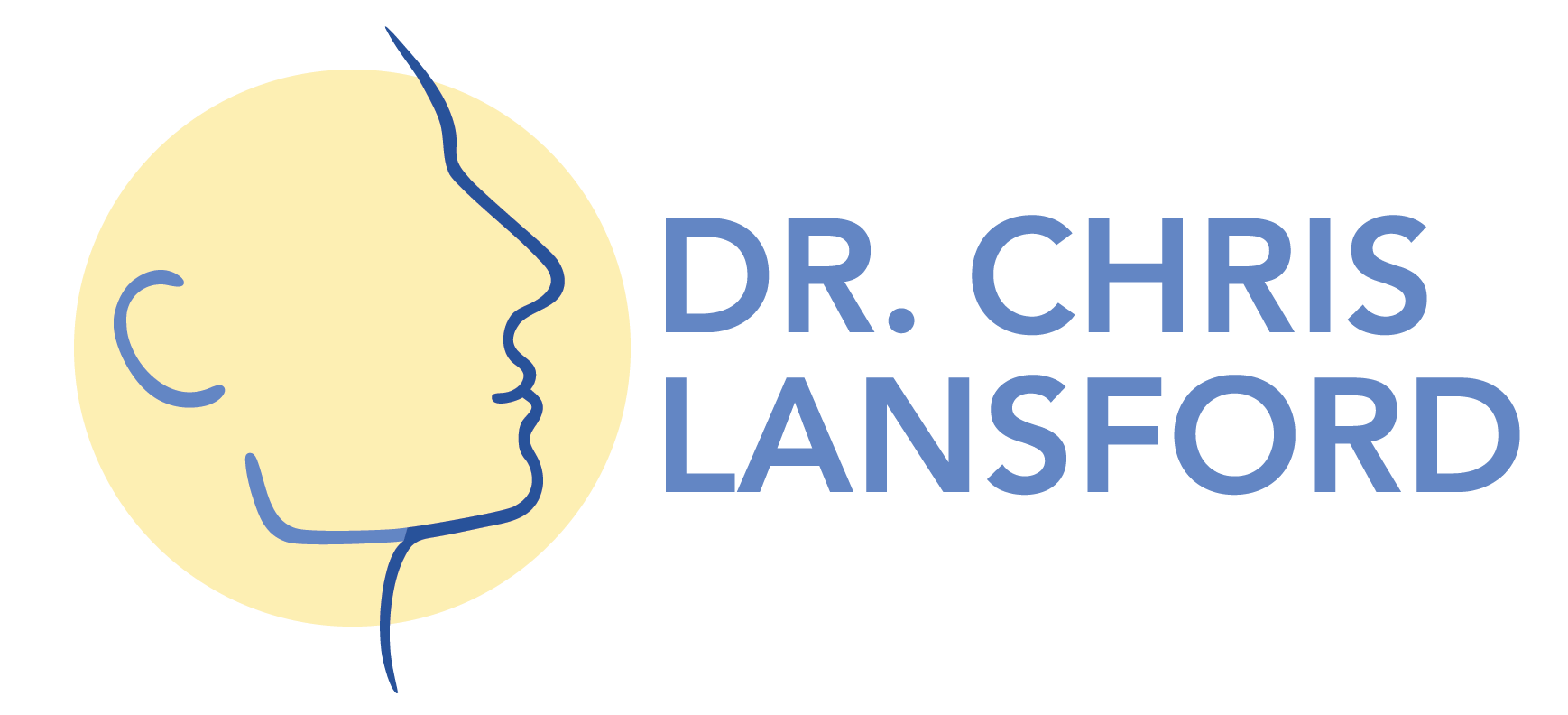Conditions: Nosebleed (Epistaxis)
Understanding the factors promoting a nosebleed helps in preventing and treating a nosebleed.
Factors that promote epistaxis (nosebleed):
Thin blood
Nasal trauma
High blood pressure
Dry air
Nasal or sinus infection
Nasal septal deviation or nasal septal perforation
Certain medications
A nasal or sinus tumor
These factors are expanded below.
Thin blood
The phrase “thin blood” is meant to describe any abnormality affecting the blood’s ability to clot. Poor clotting ability may be the result from use of a drug that hinders clotting, low numbers of functional platelets, or a lack of available clotting proteins (among others). In general, our blood needs to strike a balance between clotting and bleeding. We want blood to clot only when it is sealing a leak, but to remain liquid when it is flowing in vessels. Medications that shift blood’s natural balance in favor of bleeding can be very helpful in preventing blood clots, pulmonary embolism, and heart attack, but may also predispose to hemorrhage. Decision making in use of medications to “thin” the blood involves balancing risk of clotting against risk of bleeding.
Certain medications can significantly affect blood clotting and increase the risk of epistaxis (nosebleeds). The following categories of medications are commonly associated with these effects:
Anticoagulants:
Warfarin (Coumadin): This medication inhibits vitamin K-dependent clotting factors, increasing bleeding risk.
Direct Oral Anticoagulants (DOACs): Medications such as apixaban (Eliquis), rivaroxaban (Xarelto), and dabigatran (Pradaxa) directly inhibit specific coagulation factors, which can enhance the chance of bleeding.
Antiplatelet Agents:
Aspirin: Known to irreversibly inhibit platelet aggregation, aspirin increases bleeding tendencies and may lead to epistaxis.
Clopidogrel (Plavix): This medication also inhibits platelet aggregation and may heighten the risk of bleeding events.
Non-Steroidal Anti-Inflammatory Drugs (NSAIDs):
NSAIDs like ibuprofen and naproxen can impair platelet function and prolong bleeding time, contributing to the occurrence of nosebleeds.
Thrombolytics:
Medications like alteplase (tPA) are used to dissolve blood clots but can lead to significant bleeding complications, including epistaxis.
Antibiotics:
Certain antibiotics, when used in high doses or for extended periods, may disrupt the normal balance of bacteria, causing changes in clotting factors and potentially leading to bleeding issues.
Hormonal Medications:
Hormonal treatments, such as oral contraceptives or hormone replacement therapy, can affect clotting factors and increase the likelihood of bleeding, including epistaxis, particularly in individuals with other risk factors.
Chemotherapy agents: Some cancer treatments can affect platelet levels and function, increasing the risk of bleeding events, including epistaxis.
Vitamin E supplements: High doses of vitamin E can have an anticoagulant effect and increase bleeding risk.
Ginkgo biloba: This herbal supplement is noted for its potential to affect blood clotting, which can lead to an increased risk of nosebleeds.
It’s important for individuals taking these medications to monitor for signs of excessive bleeding, including frequent or severe nosebleeds, and to consult with a healthcare provider if such symptoms arise.
Nasal trauma
Trauma to the nose can break open blood vessels. Trauma includes self-induced finger contact within the nose and surgical procedures on the nose.
High blood pressure
High blood pressure may help cause a nosebleed by rupturing the blood vessel or a partially healed blood vessel. Additionally, high blood pressure promotes ongoing bleeding, which washes away the beginning of a clot before it has organized into a strong seal. After a recent nosebleed, a healing blood vessel may not be as strong as a normal blood vessel, so high blood pressure may rupture the weak vessel wall, leading to more bleeding. Blood pressure is a major driver of ongoing nose bleeding. In my experience, systolic blood pressure (the higher number on a blood pressure reading) above 130 makes control of a nosebleed difficult, and above 150 makes control of bleeding unlikely.
Dry air
Dry air promotes crusting on the surface of the nose. Dry air is predominant in an air-conditioned environment and in the winter. When surface crusts are dislodged, they may tear the surface including blood vessels. This is true of mucus as well as scabs on the surface of the nose.
Infection
Nose or sinus infection cause increased blood flow and the potential for damage to tissues.
Nasal septal deviation or nasal perforation
Any irregularity in shape of the nasal septum, which is the divider between the left and right sides of the nose, may lead to some areas having greater exposure to dry air or contact (such as by a finger). A perforation (hole) in the septum is prone to dryness, crusting, and bleeding.
Medications
In addition to medications that limit blood’s ability to clot, noted above, several medications can promote epistaxis. These include:
Selective Serotonin Reuptake Inhibitors (SSRIs): Antidepressants such as fluoxetine and sertraline have been associated with an increased risk of bleeding, including epistaxis.
Hormonal medications: Hormone replacement therapy and certain contraceptives can alter blood flow and hormonal balance, potentially leading to an increased risk of epistaxis.
Corticosteroids: Oral or intranasal corticosteroids, such as fluticasone (Flonase) may cause dryness and atrophy of nasal mucosa, increasing the likelihood of bleeding. This is especially true if these medications are used with the spray directed toward the septum, as this can cause a wound on the septum. The proper direction to aim the spray of a nasal steroid is slightly upwards and slightly outwards, away from the septum.
Accutane (isotretinoin) is a strong acne treatment known for side effects, including epistaxis (nosebleeds). It causes dryness in the mucous membranes, including the nasal passages. This dryness makes the mucosal lining more fragile, increasing the risk of nosebleeds, especially in low humidity or when exposed to irritants.
Other medications are also associated with an increased risk for epistaxis. Review the package insert provided with your medication or discuss medication related epistaxis with your prescribing physician(s).
Monitoring and managing these medications can help mitigate the risk of epistaxis in individuals who are prone to this condition.
Nasal or sinus tumor
Less commonly, the cause of recurrent nosebleeds is a tumor within the nose or sinuses. Tumor tissue in general may be weak and bleed easily, but tumors may also erode into normal blood vessels to cause bleeding.
This page



